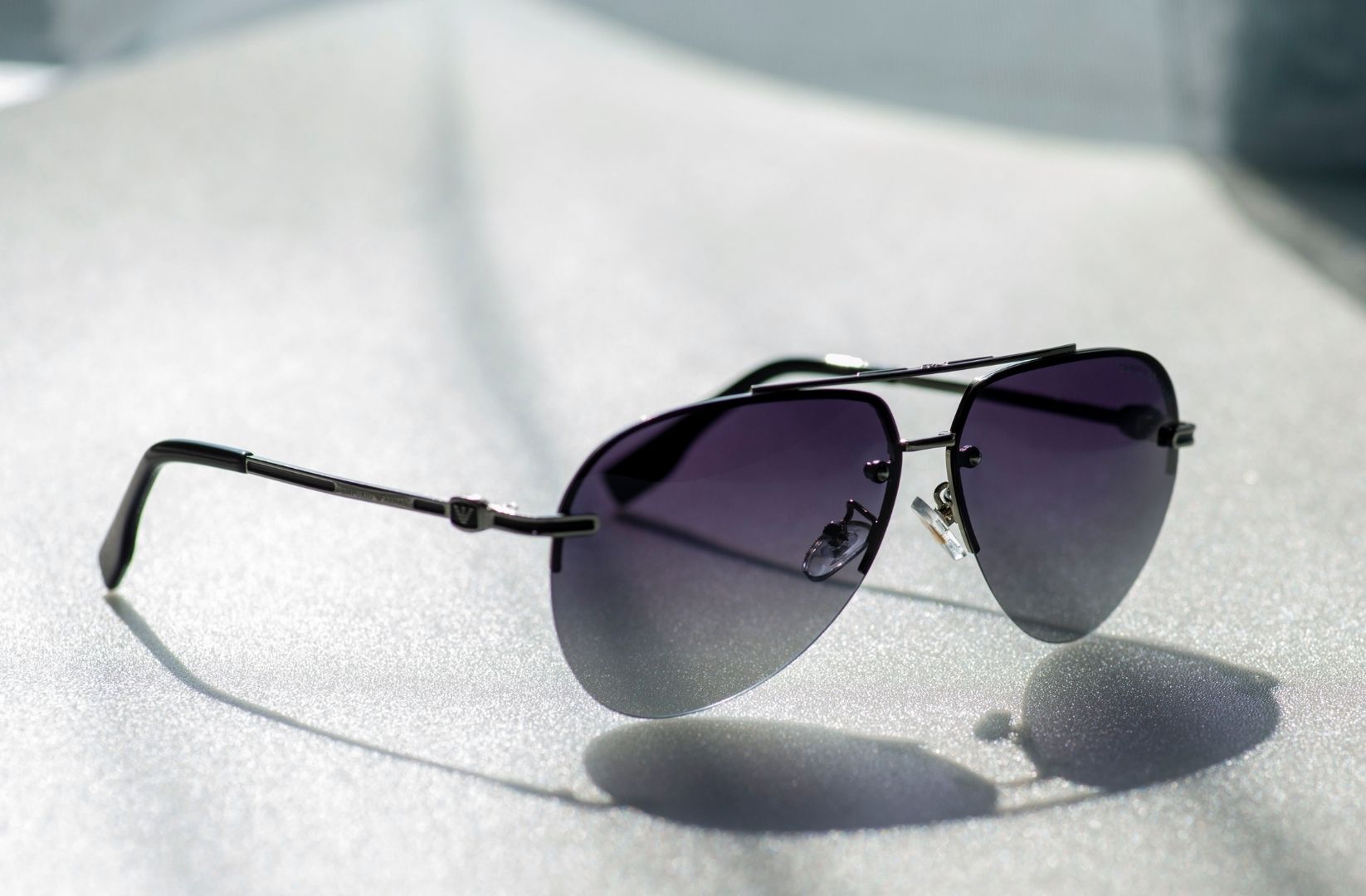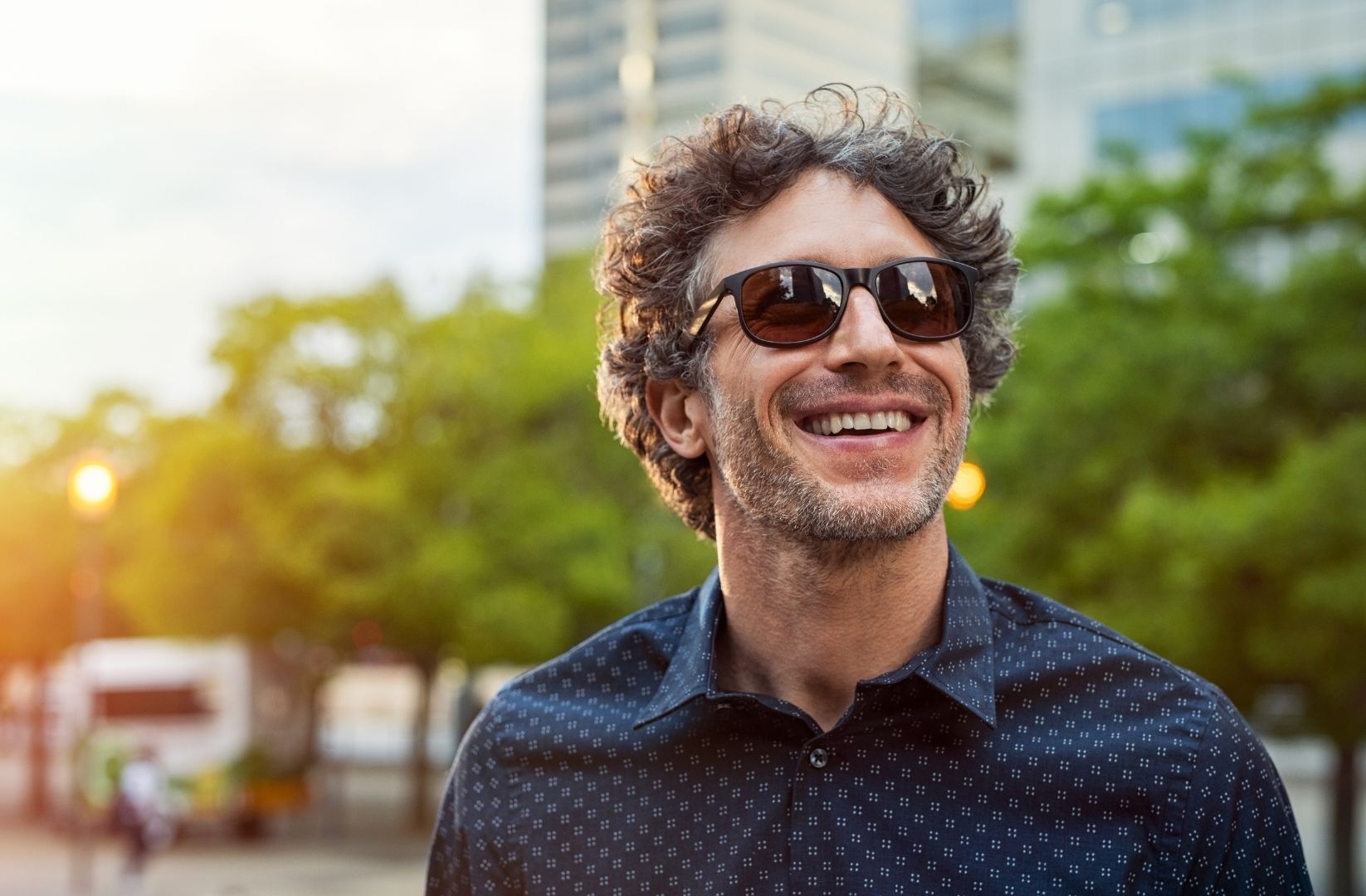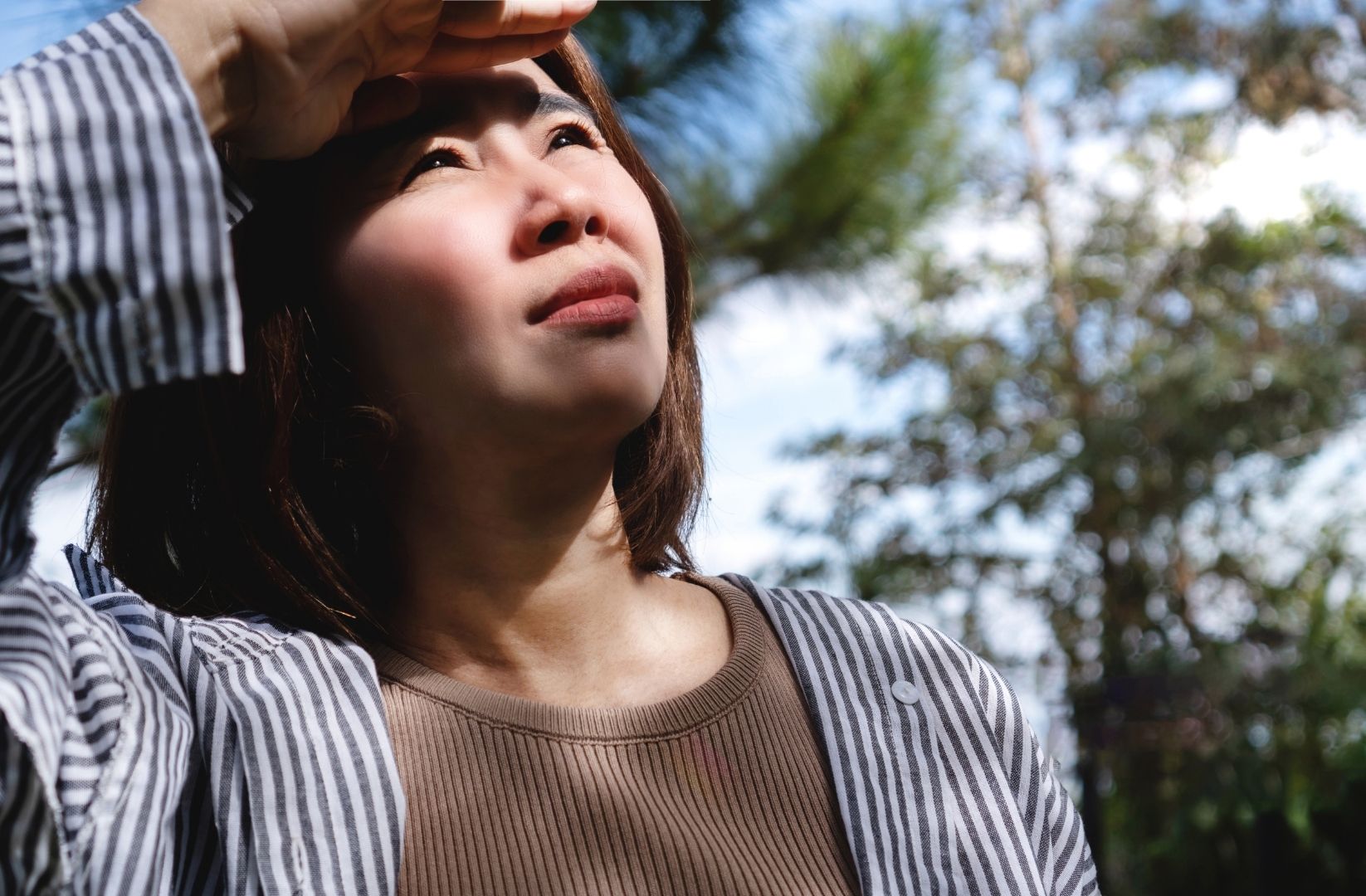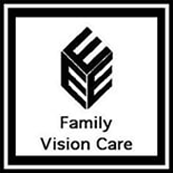The Truth About Eye Protection and Summer Safety
The Truth About Eye Protection and Summer Safety
.png)
Have you ever wondered if the sunglasses you grab on a sunny day are truly protecting your eyes—or if they’re just giving you a false sense of security?
When it comes to summer safety, it’s easy to assume that staying in the shade or throwing on a hat is enough. However, without the right protection, harmful UV rays can quietly cause serious damage, even when the sky is overcast.
Your eyes, just like your skin, are vulnerable to the effects of sun exposure—and the impact can build up over time, leading to long-term health concerns you might not notice until years later. Whether you’re spending the afternoon at a ball game, tending the garden, or simply walking the dog, understanding what really keeps your vision safe is essential.
In this article, you’ll find clear, trustworthy information that cuts through common myths and offers simple ways to protect your eyes and your family’s eyes all summer long.

Debunking Popular Sunglass Myths
When it comes to eye protection, there’s a lot of information floating around—and not all of it is accurate. Before diving into tips for building better habits, let’s first clear up some of the most common misconceptions about sunglasses and UV safety.
Myth 1: Darker lenses offer better UV protection
The truth: Lens darkness doesn’t determine UV safety—coating does.
Darker lenses can make the world look dimmer, but that doesn’t mean your eyes are safer. Without proper UV-blocking coatings, dark lenses can actually cause your pupils to dilate, letting in even more harmful rays.
What to do:
Always check for a label that guarantees 100% UVA and UVB protection, no matter how dark or stylish the lenses appear.
.jpg)
Myth 2: Expensive sunglasses are the only safe choice
The truth: High price doesn’t always mean high protection.
While some pricey brands offer great UV protection, so do many affordable options. Safety comes from the quality of the UV-blocking technology, not the designer label.
What to do:
Shop smart. Look for sunglasses labeled as offering full UV protection, and don’t assume a higher price tag means better safety.

Myth 3: Sunglasses are only necessary on sunny days
The truth: UV rays can still reach your eyes through clouds and reflections.
Even on overcast days, UV radiation can penetrate the clouds and bounce off surfaces like water, sand, concrete, and snow—exposing your eyes without you even realizing it.
What to do:
Make sunglasses a part of your daily routine, regardless of the weather or season. Your eyes deserve protection year-round.

How UV Rays Affect Eye Health
Now that we’ve cleared up some common myths, let’s take a closer look at why protecting your eyes from UV exposure is so important. UV exposure can affect your eyes both immediately and over time.
Short-Term Effects of UV Exposure
Even brief periods of intense UV exposure can lead to uncomfortable symptoms, such as:
- Photokeratitis (a painful sunburn of the cornea)
- Temporary vision changes or discomfort
- Redness, tearing, and light sensitivity
While these symptoms often heal with rest and care, they serve as a warning sign that your eyes are vulnerable to lasting damage.
Long-Term Risks to Watch For
Over the years, repeated UV exposure can significantly raise the risk of more serious eye conditions, including:
- Increased risk of cataracts, clouding the eye’s natural lens
- Development of macular degeneration, a leading cause of vision loss
- Growths on the eye, such as pterygium (also called surfer’s eye)
- Accelerated aging of delicate eye tissues, leading to earlier vision decline
Protecting your eyes today helps lower the risk of these challenges in the future.

Tips for Long-Term Eye Protection
Understanding the risks is the first step—now let’s focus on practical ways you can shield your vision and build lasting habits for yourself and your family.
Choosing the Right Sunglasses
Not all sunglasses are created equal.
Here’s what to look for:
- 100% UVA and UVB blocking lenses (look for labels that specifically mention both types of rays)
- Polarized lenses to help reduce glare from reflective surfaces like water or roads
- Wraparound frames that prevent sunlight from sneaking in at the sides
Choosing the right pair doesn’t have to be complicated, but it does make a big difference.
Other Ways to Shield Your Eyes
Sunglasses aren’t the only defense against UV rays.
Add extra layers of protection by:
- Wearing a wide-brimmed hat to shade your face and eyes
- Limiting time outdoors during peak UV hours (typically between 10 a.m. and 4 p.m.)
- Using UV-blocking contact lenses, if recommended by your optometrist, for an added shield alongside sunglasses
These small habits work together to safeguard your vision during every outdoor adventure.
Protection for Kids and Teens
Children’s eyes are especially sensitive to UV damage, and the effects add up over time. Building strong habits early sets them up for healthier vision down the road.
- Start early: Young eyes are more susceptible to UV rays, so encourage daily sunglasses use from an early age.
- Pick the right gear: Choose durable sunglasses specifically designed for children, with flexible frames and proper fit.
- Lead by example: When kids see you consistently wearing sunglasses and a hat, they’re more likely to follow your lead.
Protecting their eyes today helps preserve their sight for the future.
Keep Your Vision Safe All Season Long with Oxford Family Vision Care
Summer should be a time for making memories—not worrying about long-term eye damage.
By understanding the truth about UV protection and making a few smart choices, you can enjoy every sunny moment with greater confidence. From picking the right sunglasses to building daily habits that prioritize your family’s eye health, small steps today can make a big difference for years to come.
If you have questions about choosing the best protection or want to schedule a comprehensive eye exam, Oxford Family Vision Care is here to help.
Our team is committed to providing clear, practical advice and personalized care you can trust. Protect your vision and your loved ones' vision this season—and every season—with the support of a team that truly cares.
Located in Oxford, Ohio, right by Miami University, Dr. Jeffrey Collins is here to help improve your vision and has been providing excellent vision care for families all over Butler County since 1989.
Follow Oxford Family Vision Care on Facebook and Twitter for more eye health tips!
Happy with the difference we have made for your eye health? Leave us a five-star review here!
